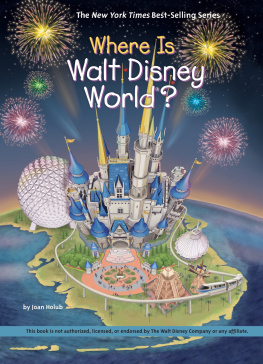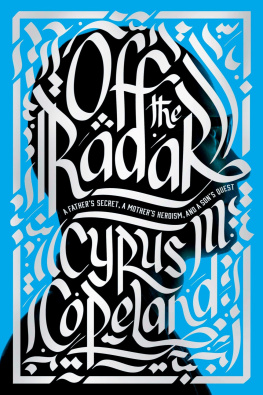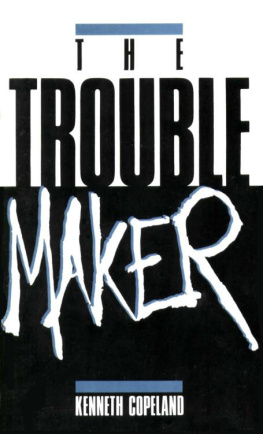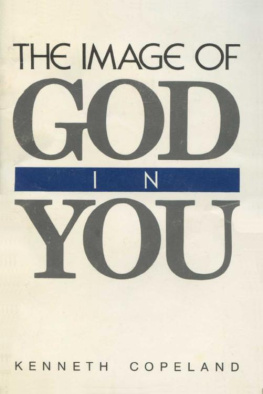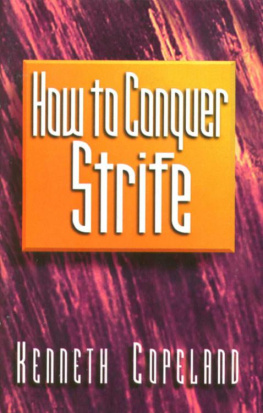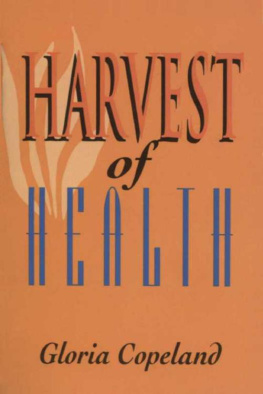THE WORLD OF WAL-MART
Incisive, vividly analyzed, and utterly teachable, this book examines Wal-Mart as a product and producer of contemporary American society. Probing how Wal-Mart works from production to consumption to public relations, this outstanding book offers far-reaching arguments about the power and influence of corporations and the politics of freedom, labor, and value in the United States today.
Peter Benson, Anthropology, Washington University in Saint Louis
Told with verve and momentum, this gem of a book is ideal for the classroom. It does an exceptional job of showing how America made Wal-Mart, and how Wal-Mart made America. Along the way, The World of Wal-Mart demonstrates why anthropology in particular is well-suited for making sense of the world we live in.
Steve Striffler, Latin American Studis, University of New Orleans
This book demonstrates the usefulness of anthropological concepts by taking a critical look at Wal-Mart and the American Dream. Rather than singling Wal-Mart out for criticism, the authors treat the company as a product of a sociopolitical order that it also helps to shape. The book attributes Wal-Marts success to the failure of American (and global) society to make the Dream available to everyone. It shows how decades of neoliberal economic policies have exposed contradictions at the heart of the Dream, creating an opening for Wal-Mart. The companys success has generated a host of negative externalities, however, fueling popular ambivalence and organized opposition.
The World of Wal-Mart also describes the strategies that Wal-Mart uses to maintain legitimacy, fend off unions, enter new markets, and cultivate an aura of benevolence and ordinariness, despite these externalities. It focuses on Wal-Marts efforts to forge symbolic and affective inclusion, and on their self-promotion as a free market solution to the social problems of poverty, inequality, and environmental destruction. Finally, the book contrasts the conceptions of freedom and human rights that underlie Wal-Marts business model with the alternative visions of freedom forwarded by their critics.
Nicholas Copeland is a social anthropologist at Virginia Polytechnic University. His research about state power and Maya politics in Guatemala appears in the Journal of Latin American Studies and Development and Change. Nick taught at the University of Arkansas, and has conducted extensive market research inside Wal-Mart.
Christine Labuski is an anthropologist and Assistant Professor in Womens and Gender Studies at Virginia Polytechnic University. Her work can be found in Feminist Studies, Archives of Sexual Behavior, and several edited volumes about the gendered body. She has also spent countless hours inside Wal-Mart stores as a market researcher.
The Routledge Series for Creative Teaching and Learning in Anthropology
Editor: Richard H. Robbins, SUNY Plattsburgh
This series is dedicated to innovative, unconventional ways to connect under-graduate students and their lived concerns about our social world to the power of social science ideas and evidence. Our goal is to help spark social science imaginations and, in doing so, open new avenues for meaningful thought and action.
Available
Re-Imagining Milk
Andrea S. Wiley
Coffee Culture
Catherine M. Tucker
Lycra
How a Fabric Shaped America
Kaori OConnor
Fake Stuff
China and the Rise of Counterfeit Goods
Yi-Chieh Jessica Lin
The World of Wal-Mart
Discounting the American Dream
Nicholas Copeland and Christine Labuski
Bicycles in the City
An Anthropological Perspective on a New (Old) Thing
Luis Vivanco
Alcohol
Social Drinking in Cultural Context
Janet Chrzan
Forthcoming
Trash
Monica Smith
Branding Gandhi
Ritu Khanduri
T-shirts
Kaori OConnor
First published 2013
by Routledge
711 Third Avenue, New York, NY 10017
Simultaneously published in the UK
by Routledge
2 Park Square, Milton Park, Abingdon, Oxon OX14 4RN
Routledge is an imprint of the Taylor & Francis Group, an informa business
2013 Taylor & Francis
The right of Nicholas Copeland and Christine Labuski to be identified as authors of this work has been asserted in accordance with sections 77 and 78 of the Copyright, Designs and Patents Act 1988.
All rights reserved. No part of this book may be reprinted or reproduced or utilised in any form or by any electronic, mechanical, or other means, now known or hereafter invented, including photocopying and recording, or in any information storage or retrieval system, without permission in writing from the publishers.
Trademark notice: Product or corporate names may be trademarks or registered trademarks, and are used only for identification and explanation without intent to infringe.
Library of Congress Cataloging in Publication Data
Copeland, Nicholas.
The world of Wal-Mart/Nicholas Copeland and Christine Labuski. p. cm.(Routledge series for creative teaching and learning in anthropology)
Includes bibliographical references and index.
1. Wal-Mart (Firm)History. 2. Discount houses (Retail trade) United States. 3. Business anthropologyUnited States. 4. Corporate cultureUnited States. 5. Consumption (Economics)United States. 6. United StatesSocial life and customs. I. Labuski, Christine. II. Title.
HF5429.215.U6C68 2013
381.1490973dc23
2012028229
ISBN: 978-0-415-89487-6 (hbk)
ISBN: 978-0-415-89488-3 (pbk)
ISBN: 978-0-203-07218-9 (ebk)
THE WORLD OF WAL-MART
Discounting the American Dream
Nicholas Copeland and Christine Labuski
CONTENTS
Acknowledgements
We are indebted to a number of individuals who helped to make this book a reality. First among these is Jodi OBrien, who took an idea that she heard over drinks seriously enough to pass it along to someone who had the capacity to make it happen. We are also grateful to our editor Steve Rutter and to the series editor Richard Robbins for their commitment to the project and for their stewardship, especially for their suggestions about how to make the manuscript as accessible as possible. We are also grateful to Samantha Barbaro at Routledge for all of her assistance.
We could not have written this book without Kathleen Stewart, whose remarkable ability to appreciate the miraculous in the ordinary, provided us with an indispensable lens for thinking about Wal-Mart. We are also thankful to Katie, Ronn, and Ariana for generously allowing us to write much of this book in their welcoming home during two scorching Austin summers. And we want to thank all of our Austin friends who provided ideas, support, and necessary distractions while we wrote, especially: Melissa Biggs, Beth Bruinsma Chang, Chris Carty, Jim Coupal, Jacob Childress, Tamara Goheen, Celeste Henery, Alia Hasan Khan, Kathleen McCarthy, Chris McNett, Anne Merrill, Alisa Perkins, Vivian Newdick, Billy OLeary, Mubbashir Rizvi, Karla Steffen, Nathan Tabor, John Toole, Teresa Velasquez, and Jackie Zahn. Special thanks go to Pablo Gonzales for alerting us to Wal-Marts connection to events in Atenco, Mexico, and to Diya Mehra for her suggestion that we investigate Wal-Marts attempts to break into the Indian retail market.
Writing a book about Wal-Mart as visiting faculty at the University of Arkansas often made us feel like spies with a dangerous yet delicious mission. We are grateful to scores of friends and co-conspirators at the You of A and in Fayetteville, many of whom helped with photos, scouting trips Bentonville, and other logistical support. These include: Ted Swedenburg, Rob Brubaker, Troy Gittings, Marta Kiser, and Misty Hale Gittings. We also want to thank the many, many folks who listened patiently while we talked through the ideas in this book, and who shared their own cultural knowledge of Wal-Mart and northwest Arkansas, including: Kirstin Erickson, Lisa Corrigan, Kelly OCallaghan, Mike Pierce, Laurent Sacharoff, Janine Parry, Bill Schreckhise, Andy Horowitz, Salar Jahedi, Stuart Fulbright, Jesse Casana, Sabrina Billings, Alex Pappas, Jeff Gringas, Kendall Curlee, and Chaim Goodman-Strauss. We were especially fortunate to have Raja Swamy as our interlocutor, colleague, and comrade during these years, and we are grateful for his important insights regarding the politics of Indias Public Distribution System.



